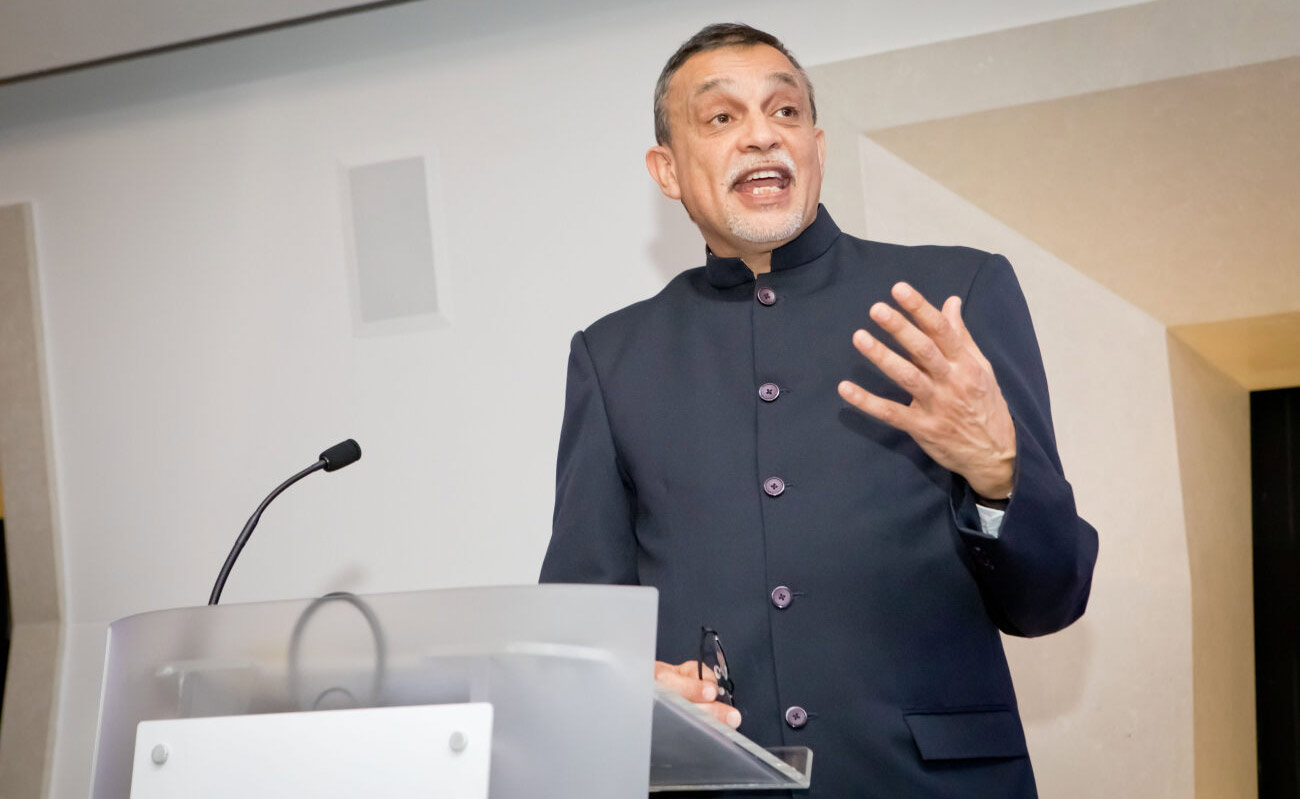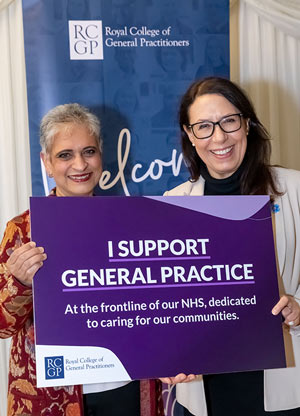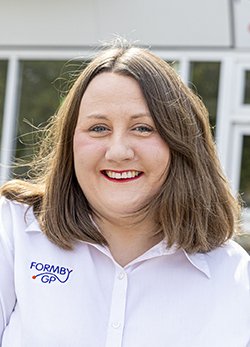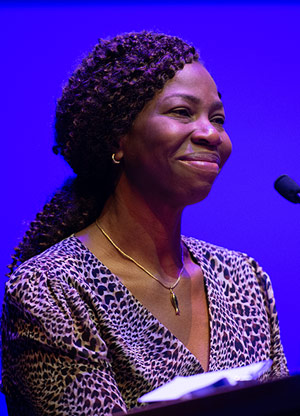
Dr Aneez Esmail has dedicated his 30-year career to driving change within the medical profession, from exposing discrimination in the NHS to enhancing patient safety in primary care.
“I’ve never wanted just to do the research – I’ve tried to campaign to change things so that they’ll be better for people coming after me,” he says. “I’m proud that I’ve done a lot to make people think about issues such as racism in medicine, the problems with the GMC and the importance of patient safety in primary care.”
His lack of fear around confrontation – and even legal challenge - in the pursuit of what he feels is right showed itself during his student days, when he was nearly expelled from university for opposing differential fees for overseas students.

While not affected personally, he thought it was unfair, and succeeded in persuading the university to make some changes – but not before they took him to court. Luckily the judge found in his favour. “When I think back I was so lucky – if I’d been expelled I wouldn’t have had the career I’ve had!”
One notable point in his career was working as the only medical advisor on the Shipman Inquiry and he was chosen, he says, because of his outspokenness.
“I think they saw me as someone outside the establishment, someone who wasn’t afraid to be critical,” he says. He worked on the Inquiry for six years, helping to bring about significant reforms across the GMC, drugs regulation and death investigation processes.
“It was a fascinating time. It allowed me to help change the system – not through my campaigning work – but by working on the inside. The Inquiry profoundly altered things in the profession, and I’m proud of what we did.”
Initially drawn to public health academia, Aneez found his calling in general practice. Working at the Robert Darbishire Practice, owned by Manchester University, meant he was able to balance his clinical and research interests – “a marriage made in heaven.”
Now semi-retired, Aneez is a Professor (Emeritus) of General Practice at Manchester University and is still involved with his practice. When the university stepped back from ownership, he worked with colleagues to turn it into a social enterprise – meaning all profits are reinvested back into the practice - keeping its ethos of teaching and research. It’s now a primary care network, where Aneez carries out 30 clinical sessions a year at a branch surgery and continues to play a role in training.
With the time to pursue his passion projects practically full time, he's also a non-executive director at the North-West Ambulance Trust, and active in the charity “Dignity in Dying”, which campaigns for the legalisation of assisted dying.
Last year he was elected to RCGP Council as a nationally-elected member, the continuation of a sometimes adversarial relationship with the College, which has included legal disputes.
Because of his work on discrimination in medicine, in 2013 the GMC asked Aneez to review the RCGP exam, due to long-acknowledged but less understood differentials in pass rates. He agreed, on the condition that he could publish his research independently. He found significant differences in the pass rates – that international graduates were far more likely to fail than white British and ethnic minority British graduates.
When the research was published, it was used by the British Association of Physicians of Indian Origin as part of its judicial review challenge of the exam. “That was a sad thing,” he says. “The problems I found were within the profession – I think having the courts adjudicate on this was wrong.” The review was unsuccessful, resulting in a judgement that the College was aware of differential pass rates, was trying to address them and should be given time to do that.
Aneez remains hopeful and is committed to supporting this change from within - one of the main reasons he decided to run for Council. “My thought was that by running, I could make change happen from inside. I have three years to try, but I do recognise that by being inside the tent I’ve removed some of my room for manoeuvre.”
Aneez doesn’t shy away from holding opinions contrary to many of his peers, most recently on what he calls the “toxic debate” around Physician Associates.
He first wrote about how to integrate PAs into primary care 20 years ago and his position hasn’t changed. “I know the majority of my colleagues will disagree with me, but I think the profession is wrong in opposing it.”
His position is based on first-hand success in his own practice, where he advocated for a team-led approach to improving patient care and access. “We never replaced a GP with a PA, but they were a huge boon to the practice – along with other healthcare workers. With the right supervision, training and support, they helped us deliver more care, access and continuity.”
PAs are part of a wider issue, he thinks – that of the changing role of the GP, and what he calls a “learned helplessness” about the perceived decline of general practice and what can be done to resolve it.
“GPs can’t deliver the care they gave even 10 years ago or be the first point of contact for everything. The modern GP is a team leader and a generalist. We need to work with colleagues who can help us. We mustn’t be afraid of change,” he says.
System change along with a change of mindset is needed, he says, and this can help tackle the negative narratives that manifest in the current healthcare debates.
So optimistic is he about the future of general practice, that Aneez has been inspired by his daughter, a medical student, to put pen to paper. “My ambition is to write a letter to her, setting out why she should become a GP, because it’s such a wonderful career.
“Ultimately, I’m an optimist – general practice can work if we do things differently and keep pace with societal change. It’s in our power to make things better.”
Read more
Thank you for your feedback. Your response will help improve this page.




